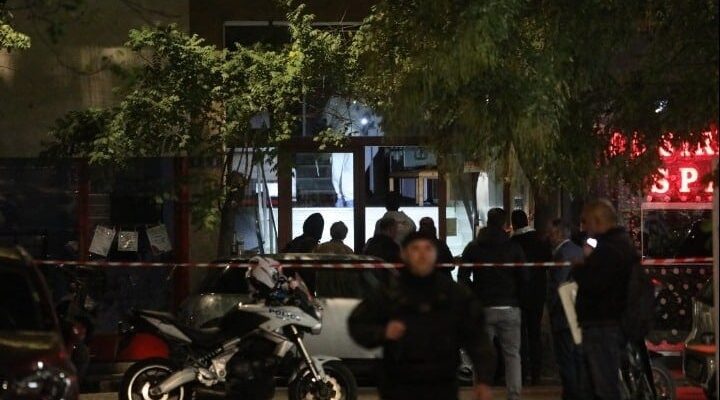
Police in Greece suspect that an explosion that occurred at an Athens flat on Thursday afternoon, killing one man and seriously injuring a woman, may be linked to a terrorist bomb.
The anti-terrorism unit will lead the investigation after a large quantity of explosive material was discovered in the apartment in the Greek capital’s central district of Ambelokipi. Police officers searching the flat also recovered a gun.

Terrorist bomb exploded in the Athens apartment
Authorities are looking into the possibility the man killed was working on an explosive device or with explosive material that blew up for unknown reasons. So far, no remains of an explosive device or a gas cylinder have been found, and investigations continue.
Police spokeswoman Constantina Dimoglidou said the victim’s identity was unknown, and the injured woman was not in a position to help authorities due to the gravity of her condition. According to reports, the injured woman is known to the security services.
The explosion demolished internal and external walls in the third-floor apartment, blew away its balcony railings and damaged neighboring properties.
The explosion was initially suspected to have been caused by a gas canister leak at the flat.
A team of 23 firefighters who responded to the incident freed the injured woman from the wreckage. They used sniffer dogs to search the apartment for other survivors, later locating the man’s body, the fire service said.
However, firemen investigating the scene determined that the explosion occurred in the living room, not in the kitchen. No gas bottles were found at the flat, indicating, to the investigators, that a bomb may have accidentally exploded in the hands of the people at the flat.
The apartment owner told authorities that the flat had been rented out by his son, who, he added, is currently living in the Netherlands.
Neighbors have told police that a second woman used the flat often and had her own set of keys.
Greece has a decades-old history of far-left extremism involving small urban groups. The major groups that carried out a string of assassinations from the mid 1970s to the early 2000s have been eradicated and their members jailed.
They were succeeded by smaller and less efficient groups which mostly staged bomb attacks on symbols of state authority and wealth but had been largely dormant in recent years.
Related: Ten Suspects Face Terrorism Charges in Greece



